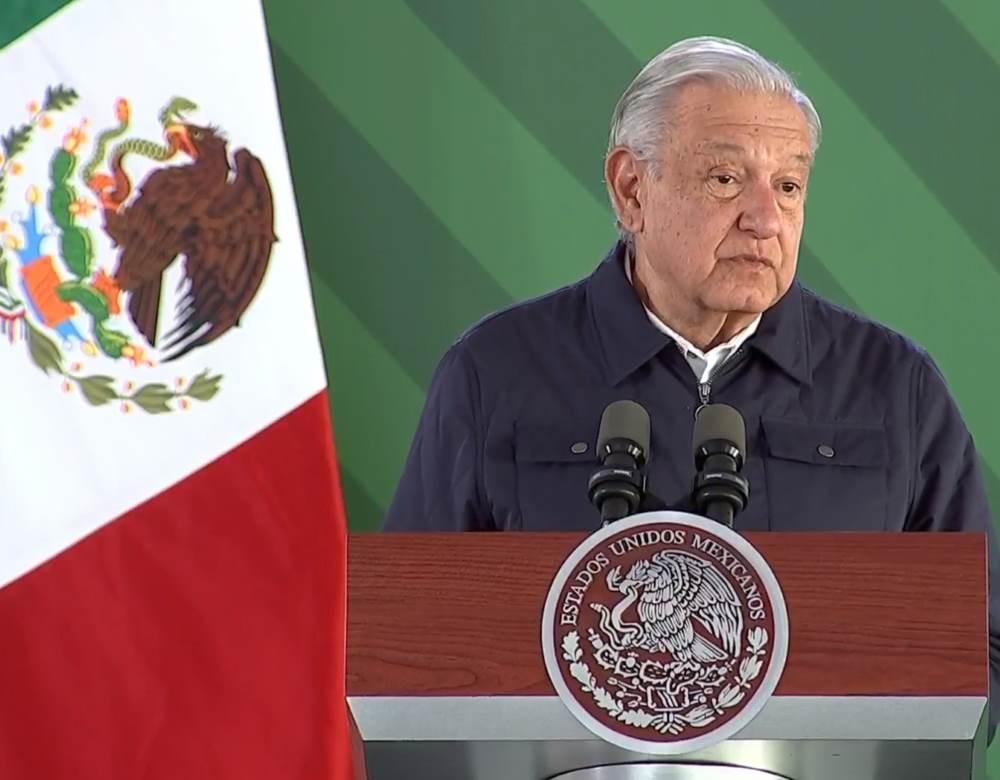Highlights from Baja California's Morning Conference with President AMLO
AMLO endorses his ally in Baja California, highlighting energy investments amidst a complex crime situation. He tackles fentanyl flows, takes a historical detour, and ends with a fiery rant against censorship.

President Andrés Manuel López Obrador, widely known as AMLO, swooped into Baja California like a hawk defending its nest. His mission: a full-throated endorsement of Governor Marina del Pilar Ávila Olmeda. It was a flurry of back-patting, energy deals, and sobering statistics on the state's volatile security landscape. Beneath the surface, though, a complex story of subsidies, federal support, and the relentless fight against crime was brewing.
One of the highlights of the president's morning conference was the announcement of a $1.3 billion investment in combined-cycle power plants. The goal – bolstering Baja California's beleaguered energy infrastructure. Governor del Pilar, basking in the federal spotlight, hailed the move. Yet, it's a classic case of where the money comes from: it's the very same electricity subsidies provided by the federal government that AMLO so often uses as a political bargaining chip. Still, the potential benefits for the state are undeniable.




